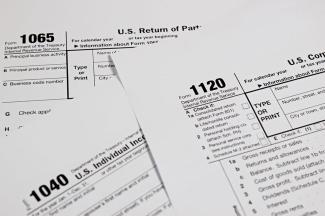Accounting is an essential aspect of any business or organization, and it involves recording, analyzing, and interpreting financial information. To ensure that this is done accurately and efficiently, many individuals and organizations seek the services of licensed professionals known as Certified Public Accountants (CPAs).
CPAs are licensed by state boards of accountancy and are authorized to provide a wide range of services, including accounting, auditing, tax, and consulting services. They are required to meet strict educational and experience requirements and pass a rigorous exam before they can become licensed.
One of the primary services provided by CPAs is accounting, which involves maintaining accurate records of an organization's financial transactions. This includes recording revenue, expenses, and other financial activities, such as investments and loans. By providing accurate and timely financial information, CPAs can help organizations make informed decisions about their operations and investments.
In addition to accounting, CPAs also provide auditing services. Auditing involves examining an organization's financial records to ensure that they are accurate and in compliance with relevant laws and regulations. CPAs may conduct audits of a company's financial statements, internal controls, and other financial systems to identify potential areas of risk or fraud.
Another important service provided by CPAs is tax planning and preparation. CPAs can help individuals and organizations navigate the complex and ever-changing tax laws and regulations. They can assist with preparing tax returns, minimizing tax liabilities, and identifying potential tax credits and deductions.
CPAs also provide consulting services to individuals, businesses, and government agencies. They may offer advice on financial planning, investment strategies, risk management, and other areas related to finance and accounting. CPAs may also provide guidance on mergers and acquisitions, restructuring, and other complex financial transactions.
In addition to their technical expertise, CPAs are also known for their ethical standards and professional integrity. They are required to abide by a strict code of ethics and conduct, which includes maintaining confidentiality, avoiding conflicts of interest, and providing unbiased and objective advice to their clients.
In conclusion, Certified Public Accountants are licensed professionals who provide a wide range of accounting, auditing, tax, and consulting services to individuals, businesses, and government agencies. They are required to meet strict educational and experience requirements and adhere to a code of ethics and professional conduct. By providing accurate financial information, ensuring compliance with laws and regulations, and offering sound financial advice, CPAs play an essential role in the success of their clients' businesses and organizations.



